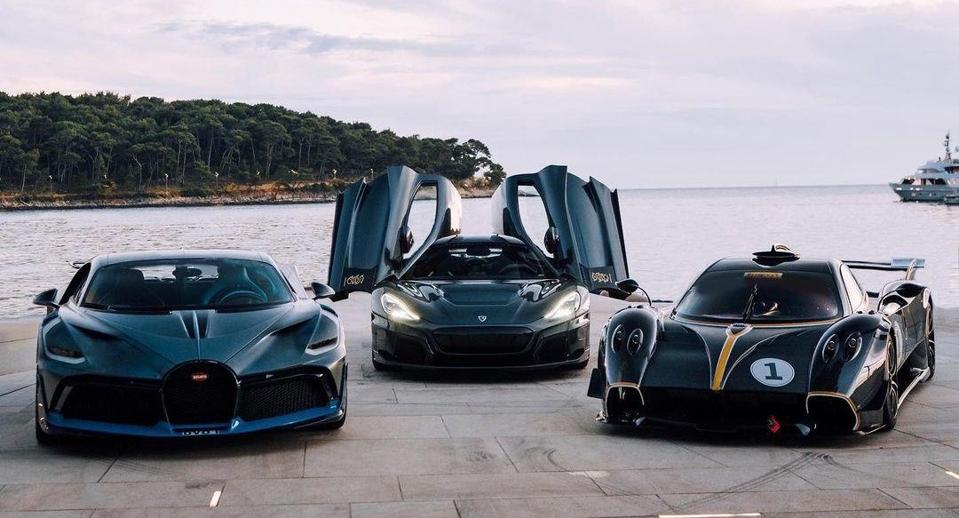Traditional economic rules surrounding consumer behavior often don’t apply to the exclusive luxury market of goods and services. The law of demand, stating that demand decreases as prices rise, is frequently inverted in the luxury domain. High prices often enhance the allure of luxury goods, as they symbolize exclusivity and prestige. This phenomenon, known as the Veblen Effect, named after economist Thorstein Veblen, suggests that for certain consumers, higher prices may increase the appeal of a product due to its perceived status symbol.
The luxury market operates under a set of principles that transcend conventional consumer behavior. In 2024, it is estimated to grow by 3.22% and generate revenue of nearly $370 billion, according to Statista. Yet, this market is about more than money. In luxury goods, the traditional dynamics of supply and demand take a back seat to a more complex interplay of desire, status, and psychology.
The Allure Of Exclusivity And The Emotional Connection To Luxury
“One of the key elements that differentiate luxury consumers is their pursuit of exclusivity,” explains Mackenzie Valk, VP of Operations at MPH, a luxury automotive marketplace and the Official Premier Luxury Automotive Marketplace of the Miami Heat. “This desire is not merely about owning something unique but about the feeling of belonging to an elite club. Brands catering to luxury consumers can leverage this in a few ways, such as by creating limited-edition products that are only produced in small quantities. They can also host exclusive members-only events or strategically open new product offerings to selective groups of customers to enhance their desirability.”
Luxury consumption is often intertwined with the concept of social status. “For many consumers, luxury items serve as symbols of status. They indicate that the person using or wearing luxury goods has achieved high success. Many people strive to reach this level of status and feel more confident about themselves when they can buy and use luxury goods,” explains Valk.
This emotional connection to luxury goods is critical in purchasing decisions. “People often buy luxury items because of the way the products make them feel, not because they necessarily need a specific product or service. This emotional connection might be tied to the brand’s heritage, the craftsmanship behind the product, or the personal significance of owning a luxury item. So, brands that want to cater to a luxury audience need to understand the ‘why’ of buying as much as the ‘how’ and ‘what.’”
Not Just A Product – Creating An Experience For Luxury Buyers
“Today’s luxury consumers are seeking more than just tangible products; they are looking for an experience,” Valk explains. “Luxury audiences value experiences like exclusive events, personalized services, and immersive brand interactions as much as, if not more than, the products themselves. Brands looking to cater to luxury consumers need to think past their product to get to the heart of what their customers want.”
The intrinsic quality and craftsmanship of luxury goods remain crucial attractions for consumers. The quality of luxury goods is a critical factor in purchasing decisions for 64% of luxury buyers, according to a survey from Klarna. “The meticulous attention to detail and the high level of skill involved in creating luxury items resonate deeply with consumers who appreciate the finer things in life,” says Valk. “Companies that want to sell to luxury buyers can’t skimp on quality regarding their materials, end products, or experiences. Luxury buyers demand the best, and they won’t, and shouldn’t, expect to settle for anything less.”
Understanding the psychology of luxury consumers is crucial for brands aiming to succeed in this competitive market. It’s not just about the price or the product; it’s about tapping into the deeper emotional, psychological, and social factors that drive luxury purchases. The future of luxury lies in recognizing and catering to these nuanced motivations, whether through exclusive experiences, exceptional quality, sustainable practices, or digital engagement strategies.
By aligning with the values and desires of luxury consumers, brands can create meaningful connections that transcend the traditional transactional relationship. In a world where luxury is about much more than just the price tag, understanding its psychology is the key to captivating and retaining the discerning luxury consumer.

